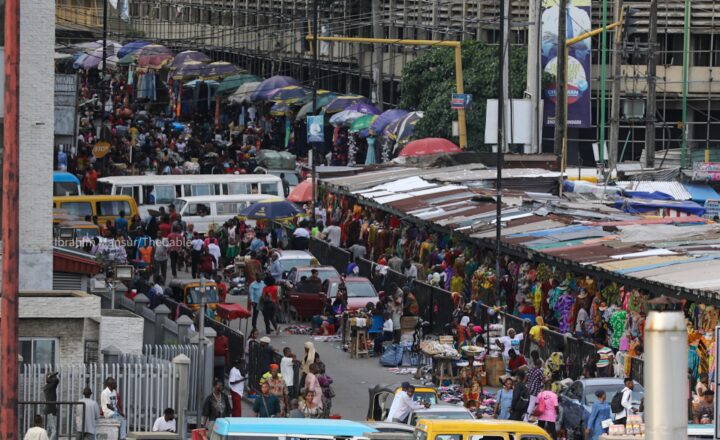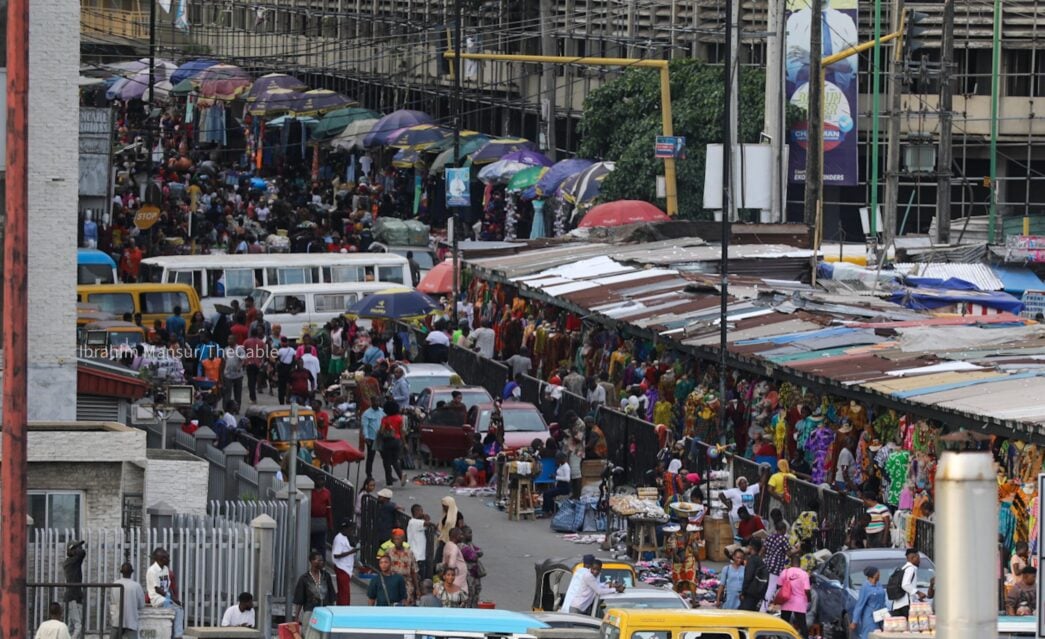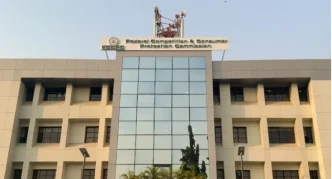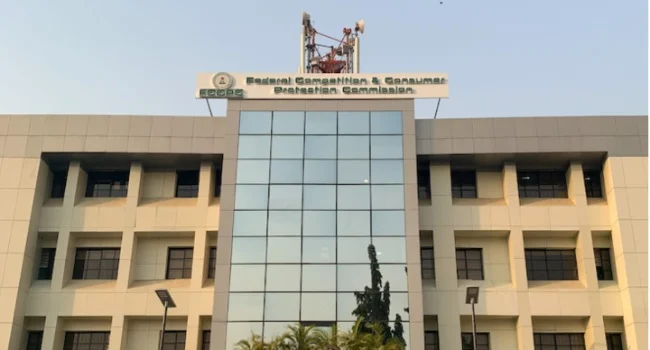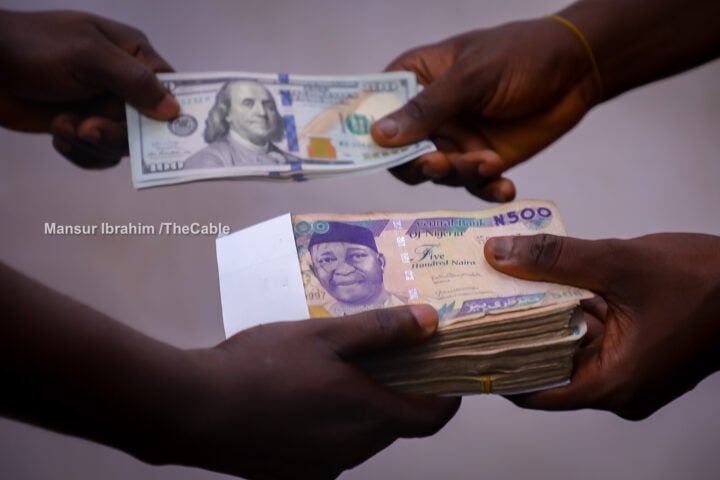Businesses in Nigeria recorded a marginal improvement in August 2025, according to the NESG–Stanbic IBTC business performance index.
The report, titled ‘Mixed Signals: Strong Sectoral Growth Versus Structural Hurdles,’ showed that the business performance index rose to 107.3 points, up by 1.9 points from July.
The report identified challenges such as limited access to financing as the most significant challenge in a row for business growth for the second month running.
“In August 2025, businesses in Nigeria experienced a slight improvement in performance when compared with the previous month,” the report reads.
Advertisement
“The Current Business Performance Index as of August 2025 stands at 107.3 points. This is about 1.9 index points higher than its July 2025 level.
“In the second consecutive month, limited access to financing was considered the most significant constraint on business growth. Other challenges in order of ranking are unclear economic policies, inadequate power supply, high commercial lease and property rental costs, and insecurity.”
Giving a sectoral review, the report showed improvements across industries, with trade recording the strongest rebound after a July decline.
Advertisement
“Apart from the contraction in Agriculture, the sectoral review showed improvements across industries and broader economic activities,” the report said.
“Trade posted the strongest rebound after the previous month’s decline. Meanwhile, Manufacturing (106.2), Non-manufacturing (116.2), Trade(114.1), and Services (103.7) all advanced in August compared to July 2025.”
Conversely, the index showed that agriculture slipped into contraction at 95.6 points, dragged down by crop production and forestry.
The decline was linked to delayed rainfall, shorter wet seasons, insecurity, and disruptions to crop planting.
Advertisement
Livestock and agro-allied sub-sectors, however, recorded modest improvements compared to July, the report said.
The NESG–Stanbic IBTC report said that despite the softening, the overall optimism remains anchored on factors such as seasonal economic activity, ongoing policy adjustments, relative exchange rate stability, infrastructure spending, and the gradual rebound in consumer demand.
